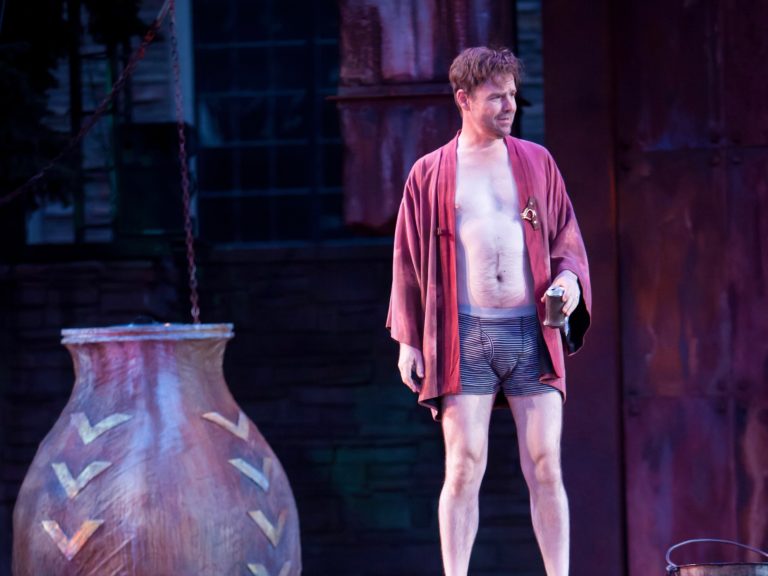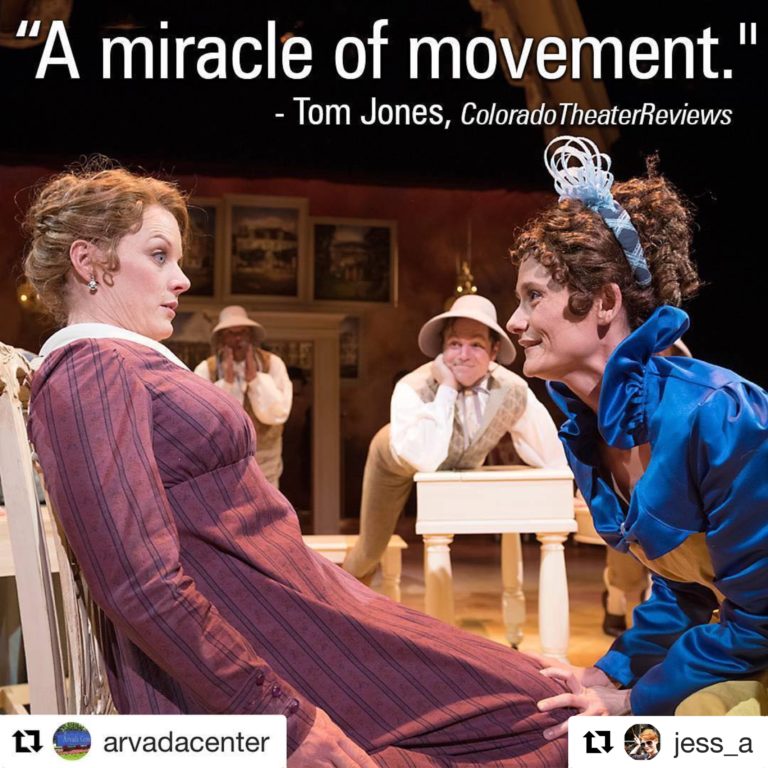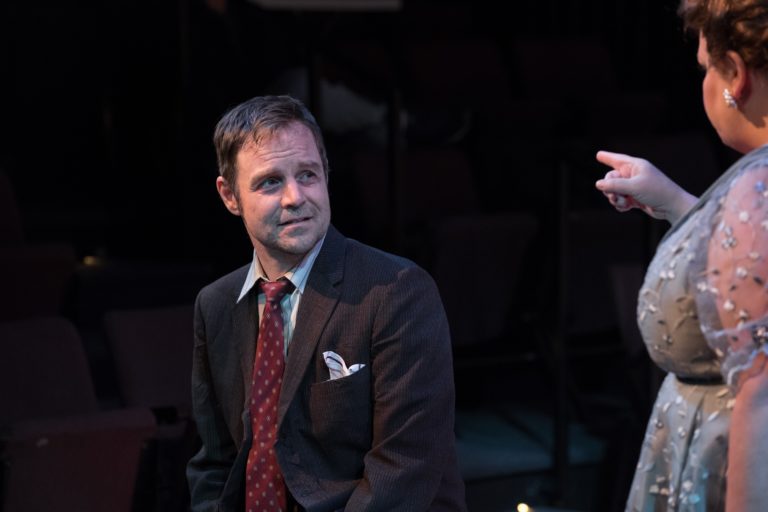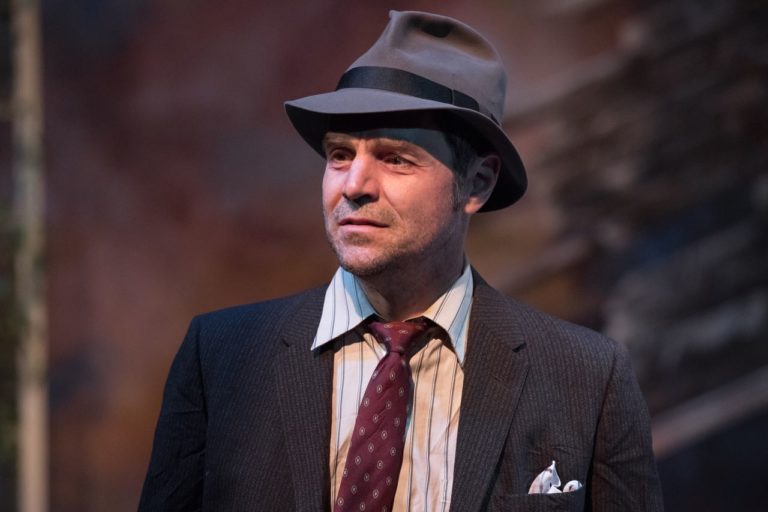Review: No tidy resolution to Colorado Shakespeare Festival’s ‘Troilus and Cressida’
Troupe takes on rarely-produced tragedy
By Scott Rochat For The Daily Camera
The key question: Is the Colorado Shakespeare Festival‘s “Troilus and Cressida” worth your time and money?
The answer: Emphatically yes.
But be aware in advance of what you won’t get. You won’t get a neat, tidy resolution. You won’t get honor rewarded or love everlasting. And you won’t get a lot of Troilus and Cressida themselves.
For those new to this rarely-performed tragedy — which opened Saturday at the Mary Rippon Outdoor Theatre at the University of Colorado and runs through Aug. 6 — it may come as a surprise that Troilus and Cressida are supporting players in their own story. That story comes in the midst of the Trojan War, now in its seventh interminable year. The brief romance and the larger conflict share a common theme: promises made and broken, with honor tarnished and reputation nothing more than a way to get good men killed.
Caitlin Ayer’s set communicates this instantly. Above the great gate of Troy, instead of the legendary “topless towers of Ilium,” we get towerless tops – worn and rusty peaks of metal that are torn off partway down, with no supporting foundation. The ravages of war are apparent, but the stronger qualities beneath have decayed.
Two storylines intersect. In the foreground, Troy and Greece are locked in endless war over the abduction of Helen of Troy (a cameo role whose self-centered vanity is paraded across the stage by Lindsey Kyler). The greatest Greek warrior, Achilles (Geoffrey Kent) has had enough of fighting and would rather stay in his tent and play with his boy toy Patroclus (Spencer Althoff), even in the face of a challenge by Troy’s greatest champion, the honorable Hector (Steven Cole Hughes).
In the midst of all of this, Hector’s brother Troilus (Christopher Joel Onken) has fallen for Cressida (Carolyn Holding), a Trojan woman whose father has defected to the Greeks. The two are set up by Cressida’s uncle Pandarus (Howard Swain) but barely have time to enjoy their newfound romance before a prisoner exchange sends Cressida behind Greek lines and tests how true their love for each other really is.
Of the two, Onken has the more straightforward assignment. His Troilus has the energy and dedication of a bird dog that has only to be pointed at a goal — which makes it all the funnier when he spends much of an early heroic march trying to avoid Cressida’s notice. His deeper layers are finally forged by pain and betrayal, as he becomes a man who has loved too soon and been hurt too deeply, his love transformed by vengeance.
Holding’s challenge is more complicated, since Cressida is a woman of two minds, always examining motives and questioning her situation. (The one exception comes during her “honeymoon night” with Troilus, where she can finally let go and enjoy.) This especially becomes evident when she is sent to the Greeks, where the sinister Diomedes (Benaiah Anderson) becomes her protector and would-be lover. Holding, aided by director Carolyn Howarth’s staging, sets up a hard choice, creating a Cressida who wants to stay true to her Troilus but needs the protection of Diomedes against the other Greeks … and who is maybe, just a little, attracted to this guy, too.
Kent has great fun with Achilles, making his first entrance in sandals, boxer briefs, and a yin-yang bathrobe. His charm and confidence warm the audience immediately, setting them up for chills later when less heroic and more vicious choices begin to be made. The Hector of Hughes has a more plainspoken likeability as one of the few true heroes in an unheroic war. Both carry themselves as men used to being the best, even as it’s shaped them in different ways.
Special note needs to be made of the many fight scenes, directed by Kent, and the blaring horns and incessant drums of Jason Ducat’s sound design. When it’s time to get down to the business of combat, the choreography and sound fill the stage with an infectious energy and sense of danger. There were some opening night glitches, it should be noted, with the microphone coverage, occasionally making some characters difficult to hear.
Supporting roles are a major strength of this production. Swain’s boozy, lecherous Pandarus and the deformed servant Thersites (Sean Scrutchins) provide much of the comic relief, with Swain fussing and leering in grand manner while Scrutchins gets the earthier comedy and body humor. As the tone shifts into tragedy, both find their power lessened and their lives in peril.
Other delightful moments include the strong man antics of the dumb-as-a-post Ajax (Austin Terrell) and the bearing of the aged Nestor (Sam Sandoe) who ain’t what he once was but still has the dignity of a lion in retirement.
One moment and one “anti-moment” should be mentioned as well. The initial prophecy of the visionary Cassandra (Emelie O’Hara) came with such force and intensity that the entire theater was left in silence for palpable seconds afterward. Meanwhile, Helen’s rejected husband Menelaus (Zach Stolz) did a masterful job of yielding focus as his character was mocked by both sides, becoming a boy trapped in a savage world of men.
Howarth ends the play without Shakespeare’s original epilogue, leaving the final scenes of brutality fresh and the audience hanging. For us, as for the armies and the lovers, there is no neat ending — just war and treachery, with the promise of more ahead.
It won’t leave you uplifted. But it will leave you thinking.




